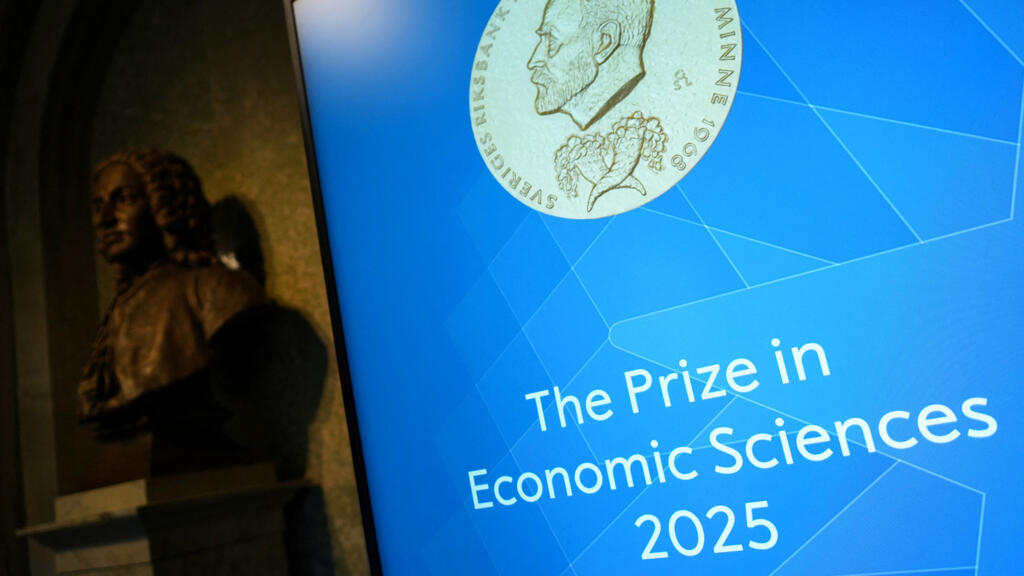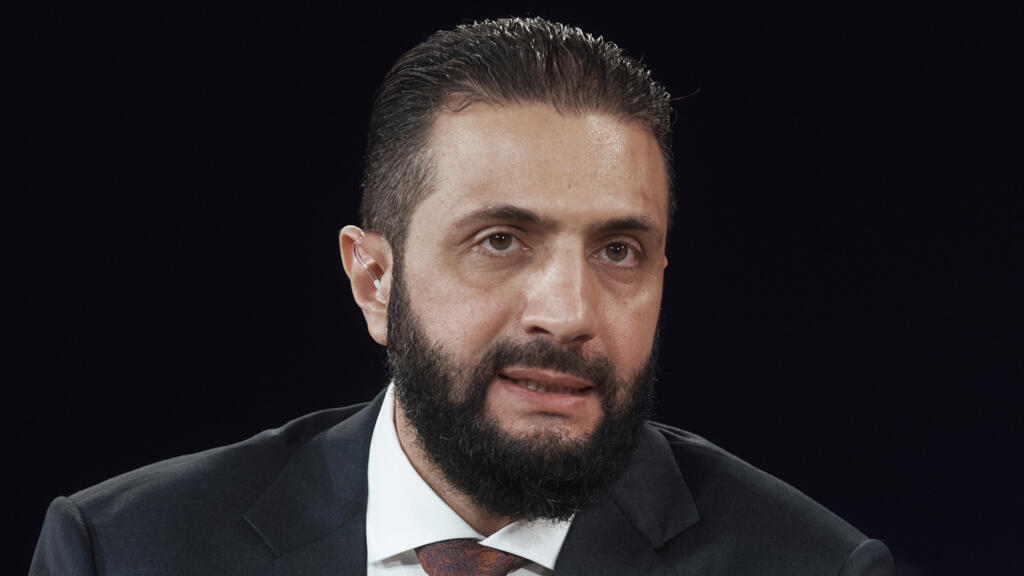Nobel Memorial Prize in Economics 2023 Awarded to Mokyr, Aghion, and Howitt
On Monday, the Nobel Memorial Prize in Economic Sciences was awarded to three distinguished economists: Joel Mokyr, Philippe Aghion, and Peter Howitt. This recognition honors their significant contributions to the understanding of innovation-driven economic growth. Their work has not only advanced economic theory but has also provided valuable insights into the mechanisms that underpin progress in modern economies.
The prize-winning economists were specifically commended for their efforts in better quantifying the concept of creative destruction, a fundamental idea in economics introduced by the Austrian economist Joseph Schumpeter. Creative destruction encapsulates the process through which new innovations emerge, replacing and ultimately rendering obsolete older technologies and businesses. This constant cycle of innovation and obsolescence is essential for economic dynamism and long-term productivity growth.
Joel Mokyr, a noted economic historian, has dedicated much of his research to understanding the interplay between technology and economic history. His work has highlighted the importance of cultural factors and institutions in fostering a climate conducive to innovation. Mokyr's analyses show how intellectual advancements and technological changes are closely interlinked, influencing economic outcomes across different historical contexts.
Philippe Aghion, a professor at the Collège de France, has contributed significantly to the theories of economic growth and the role of technology. His research emphasizes the importance of competition in stimulating innovation. Aghion argues that a competitive market environment encourages firms to invest in research and development, leading to breakthroughs that propel economic progress. His insights have implications for policymakers interested in creating environments that promote technological advancement.
Peter Howitt, a Canadian economist, has also made substantial contributions to the understanding of growth theory. His work has focused on how firms adapt to technological changes and the resulting impacts on economic structure. Howitt's models articulate how the introduction of new products and processes alters market dynamics, leading to shifts in employment and productivity. His insights are particularly relevant in today's rapidly changing technological landscape.
Together, the contributions of Mokyr, Aghion, and Howitt offer a multifaceted perspective on the mechanisms behind innovation and growth. Their research underscores the critical importance of investment in new technologies and the role of entrepreneurs in driving economic change. By elucidating the pathways through which innovation can transform economies, they have provided valuable knowledge that can guide both economists and policymakers.
The awarding of the Nobel Prize is not merely a recognition of their past achievements but serves as a catalyst for further exploration into the phenomena of innovation and economic growth. As economies around the world grapple with the challenges posed by technological advancements and global competition, the insights provided by these economists will be increasingly relevant.
In conclusion, the 2023 Nobel Memorial Prize in Economic Sciences reflects a growing recognition of the importance of understanding the dynamics of innovation. Through their groundbreaking work, Mokyr, Aghion, and Howitt have shed light on the processes that drive economic transformation, reinforcing the notion that fostering a culture of innovation is essential for achieving sustainable growth in an ever-evolving economic environment.












